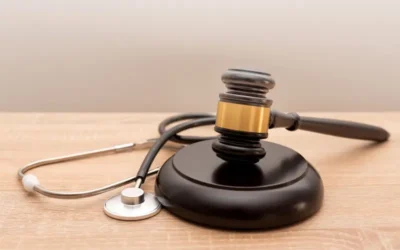Hybrid medical records include paper-based, scanned and electronic medical records. These can be rather challenging for law office staff looking to organize and summarize the healthcare records for legal purposes. When collecting the necessary patient documents in a personal injury or workers’ compensation case, legal firms need to exercise extra diligence to ensure that they have the complete medical chart.
Healthcare organizations like large hospitals that have efficient medical record departments are more organized whereas smaller outpatient centers and physician offices pose major concerns for an attorney or legal nurse consultant trying to obtain the necessary treatment and healthcare details of an individual.
- The healthcare information may be maintained on several media types such as video, film or imaging system.
- Some information such as X-rays, lab results and dictation may be available as electronic records whereas provider info, doctors’ orders, graphic sheets, progress notes and ancillary care may be on paper.
- Clinic records may be on paper, processed and stored in the clinic while hospital records are automated. Thus the clinic records never become part of the EHR.
From the point of view of a law firm, it is vital to ensure that no key documents are left out that can have a bearing on the case. Moreover, the integrity of the chart must be maintained, which is often difficult when the medical details are spread over two or more systems.
The main challenge is in ensuring that the gathered information holds up in court, which cannot be achieved if there are deficiencies in the quality of data and its completeness. Professional medical review services can help legal entities have a clear view of the case by providing accurately organized medical records (whether hybrid or otherwise), and clear case summaries. Since medical record review is their core activity for which they are professionally trained, reviewers can easily identify tampered records, missing records and incomplete records. Identifying such shortcomings and flaws at an early stage itself will help attorneys save valuable time that would have been spent on useless/irrelevant details. This is something that may not be achievable, or could prove challenging in a law office.




